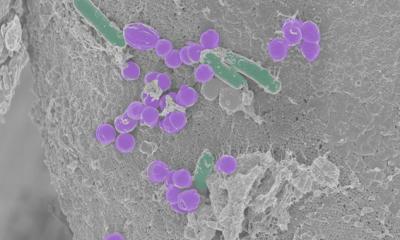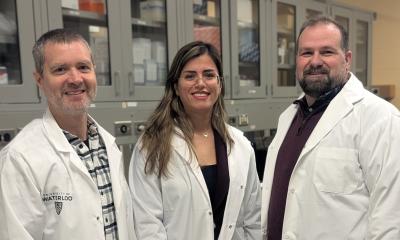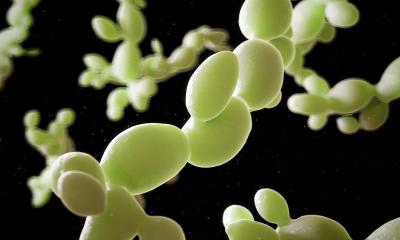SARS no longer deadly threat - But avian flu is
USA - Scientists are confident that the virus that caused severe acute respiratory syndrome (SARS) is no longer circulating in humans, or other animals, according to Professor Kathryn Holmes, a microbiology expert at the University of Colorado, USA.
Only if the SARS virus could evolve again - as an identical mutation of the original animal coronavirus - or if it were accidentally released from a lab - could it become a threat again, she said at a recent meeting of the American Association for the Advancement of Science.
Indeed, after the epidemic, the virus escaped, three times, from research centres in Taiwan, Beijing and Singapore. However, just nine people were infected and the elderly mother of an infected Chinese lab assistant died. Now, even if such an accident or mutation should occur, Prof. Holmes said, there several SARS vaccines and treatments to block infection, and the quarantine methods are better understood.
Avian ‘flu - Nancy Cox, chief influenza scientist at the US Centres for Disease Control, has called the threat from the avian influenza virus - which has killed 42 people in Asia - ‘very frightening’. Its death rate is now 76% - compared with 1% for the Spanish flu that killed about 40 million people in 1918-19.
01.03.2005





